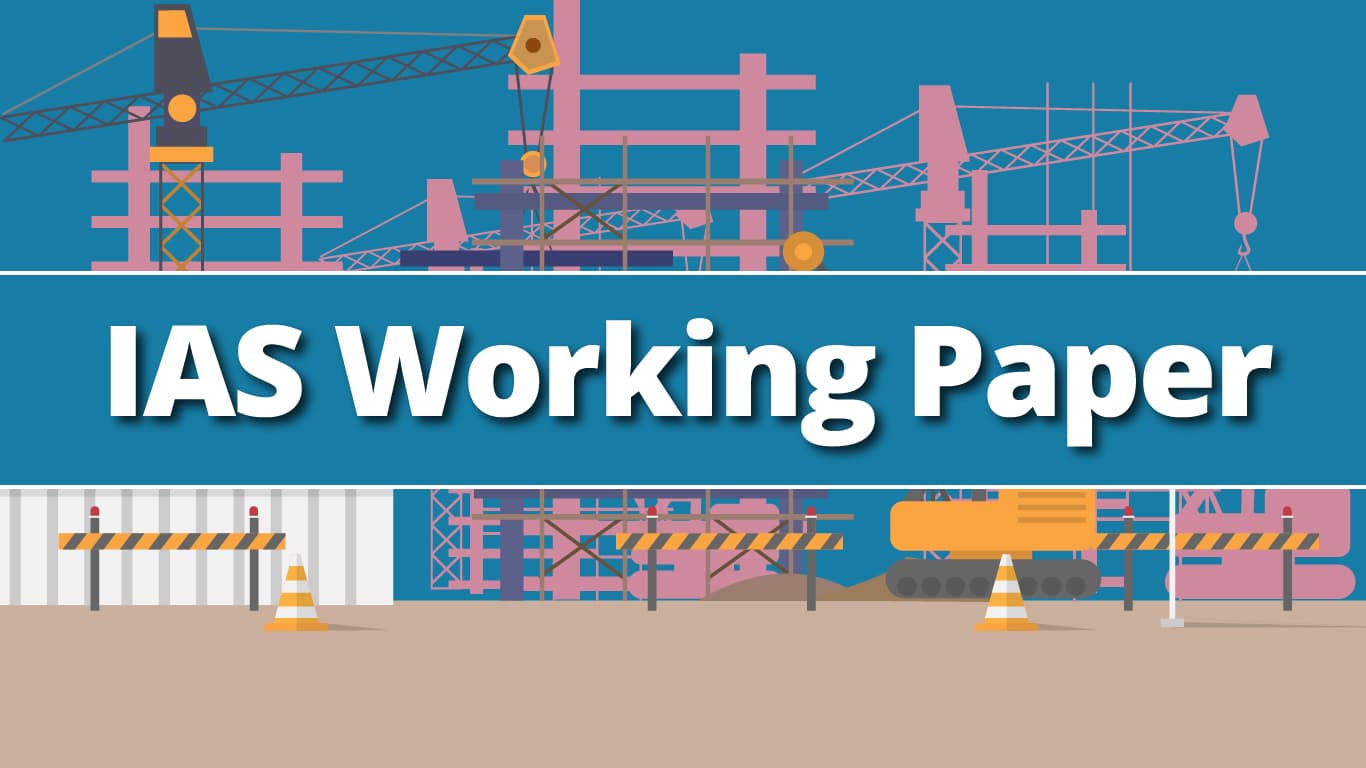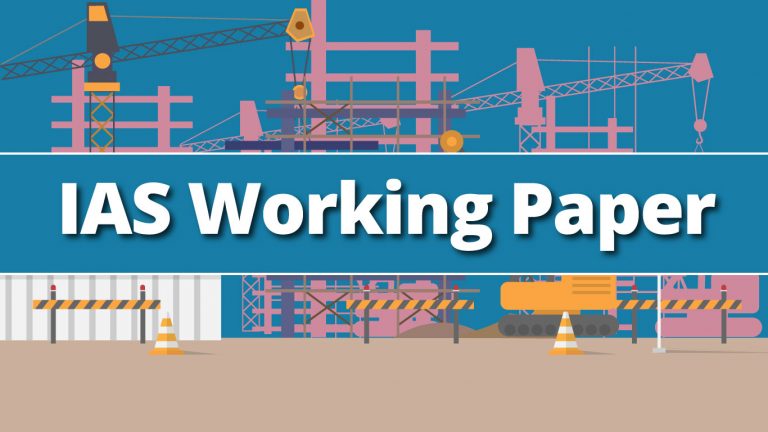The Institute of Asian Studies at Universiti Brunei Darussalam is pleased to announce the publication of IAS Working Paper No. 87: Brunei and Thailand Halal Industry Cooperation and the implications for Wawasan 2035 by Nurul Jannah Kosor and Paul J. Carnegie.
Please see below for details.
Abstract:
The global demand for halal products has surged in recent years, driven by increasing consumer awareness of food safety, hygiene, and quality standards. As part of its Wawasan 2035 strategy for economic diversification, Brunei has placed an emphasis on halal industry development. While it has introduced stringent halal certification standards and sought to expand the international reach of its halal labelled products, it has yet to gain widespread global recognition. Thailand, meanwhile, has set itself the target of becoming an ASEAN halal hub by 2028. While existing scholarship focuses predominantly on Malaysia, Indonesia, and Singapore, there is limited attention given to the trajectory of Brunei-Thailand halal industry cooperation. Drawing on interview data from key stakeholders in Bruneian and Thai government and business sectors, this paper investigates the opportunities and constraints shaping Brunei’s halal industry development and considers whether further bilateral cooperation with Thailand could enhance its competitive market positioning. The findings indicate that while Brunei’s halal certification standards serve as a credibility marker, strategic adjustments to brand development and certification frameworks could ensure greater scalable trade relations with Thailand and align more fully with the country’s Wawasan 2035 goals. The paper provides fresh insights for policymakers and industry stakeholders seeking to strengthen Brunei’s position in the global halal economy.
Author:
Nurul Jannah Kosor graduated with BA (History and International Studies), with a minor in Business Administration, from Universiti Brunei Darussalam. Her academic interests focus on international relations, diplomacy, regional cooperation, and international business. She gained professional experience through an internship at the Royal Thai Embassy in Brunei, where she learned more about diplomatic work and further enriched her understanding of international engagement.
Contact: 21b0141@ubd.edu.bn
Paul J. Carnegie is Associate Professor of Politics at the Institute of Asian Studies, Universiti Brunei Darussalam. Trained in both area studies and comparative politics, his interests focus on the politics of development, state formation, marginality, precarity, and the sociology of identities in Southeast Asia especially Indonesia. He has published the monograph The Road from Authoritarianism to Democratization in Indonesia (Palgrave Macmillan), the edited volumes Human Insecurities in Southeast Asia and (Re)presenting Brunei Darussalam: A Sociology of the Everyday (both Springer) alongside research articles in leading journals such as Pacific Affairs, Journal of Current Southeast Asian Affairs, Australian Journal of Politics and History, Journal of Population Research and Australian Journal of International Affairs. He is also a section editor for the Palgrave Handbook of Ethnicity. Paul has extensive applied research experience and networks having lived and worked previously in Australia, Brunei Darussalam, Egypt, Fiji, Indonesia, and the United Arab Emirates.
Contact: paul.carnegie@ubd.edu.bn
To see more IAS Working Papers, please visit the IAS Working Papers web page.



